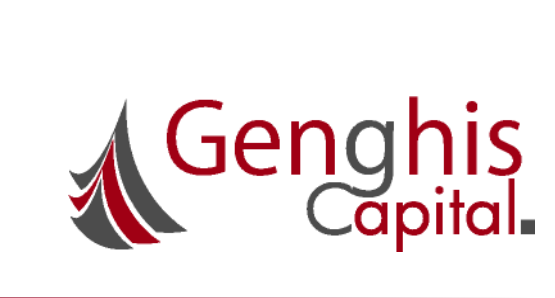The High Court has thrown out an application by a South African businessman seeking to freeze the accounts of Genghis Capital, ruling that there was no evidence that the Kenyan investment bank was ‘stripping its assets’ amid an unresolved debt feud.
- The businessman, Auswell Mashaba, filed an affidavit stating that he had obtained a decree against Genghis Capital in 2020 over a KSh 380 million, which the investment firm had not paid.
- He added that Genghis Capital had intentionally failed to honour the terms of the decree so that it could dispose off its assets.
- Genghis Capital objected the application on the grounds that its insolvency had not yet been determined in court, therefore, it was premature to enforce a freeze order.
“On injunction, I do not think a case for the same has also been established. This is because, firstly, the allegations that the respondent was stripping its assets were not proved,” the ruling by Justice Alfred Mabeya said.
“The court is therefore not satisfied that the respondent (Genghis) was involved in actions that were detrimental to its creditors,” the judge added.
Genghis Capital argued that blocking access to its accounts would negatively affect its operations. With an investment portfolio of KSh 2 billion and 152,000 active investors, the firm argued that it needed adequate capital to sustain investments and regularly disburse payments to investors.
“Secondly, there are garnishee proceedings that are pending before the main suit in another court. Those proceedings are execution in nature. They are meant to sequester accounts of the respondent (Genghis) and recover debts owed to it by either its bankers or its debtors,” the ruling said.
“I think it would be wrong at the same time to freeze the respondent’s accounts in these proceedings while those garnishee proceedings are still pending,” it continued.
In January, Auswell Mashaba tasked Moran Auctioneers to seize office assets belonging to Genghis Capital due to unpaid debts. The High Court declined to halt the seizure, prompting the Capital Markets Authority (CMA) to take action. The regulator tasked Genghis Capital to provide a roadmap of how it intended to repay the debt without inconveniencing existing investors.




